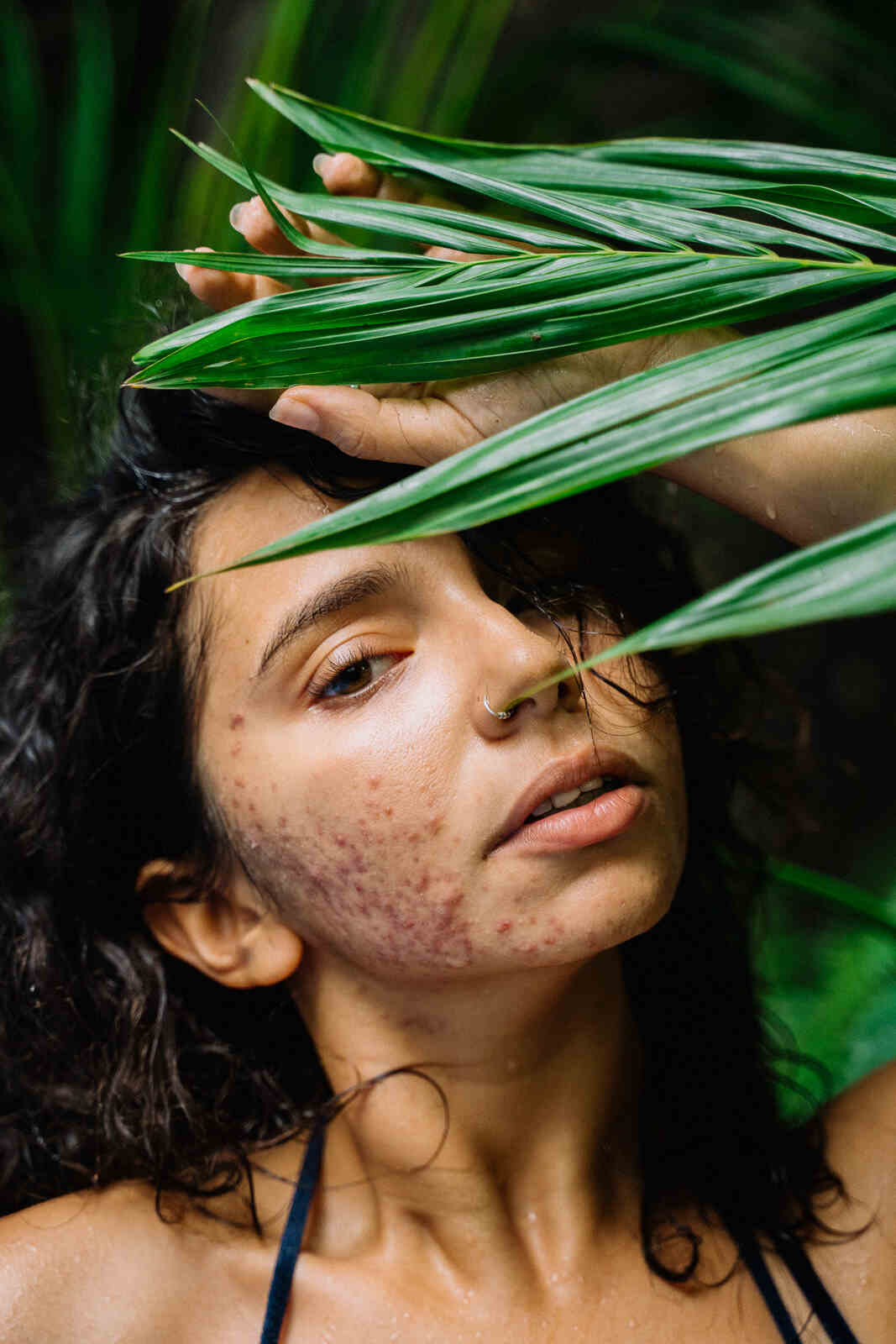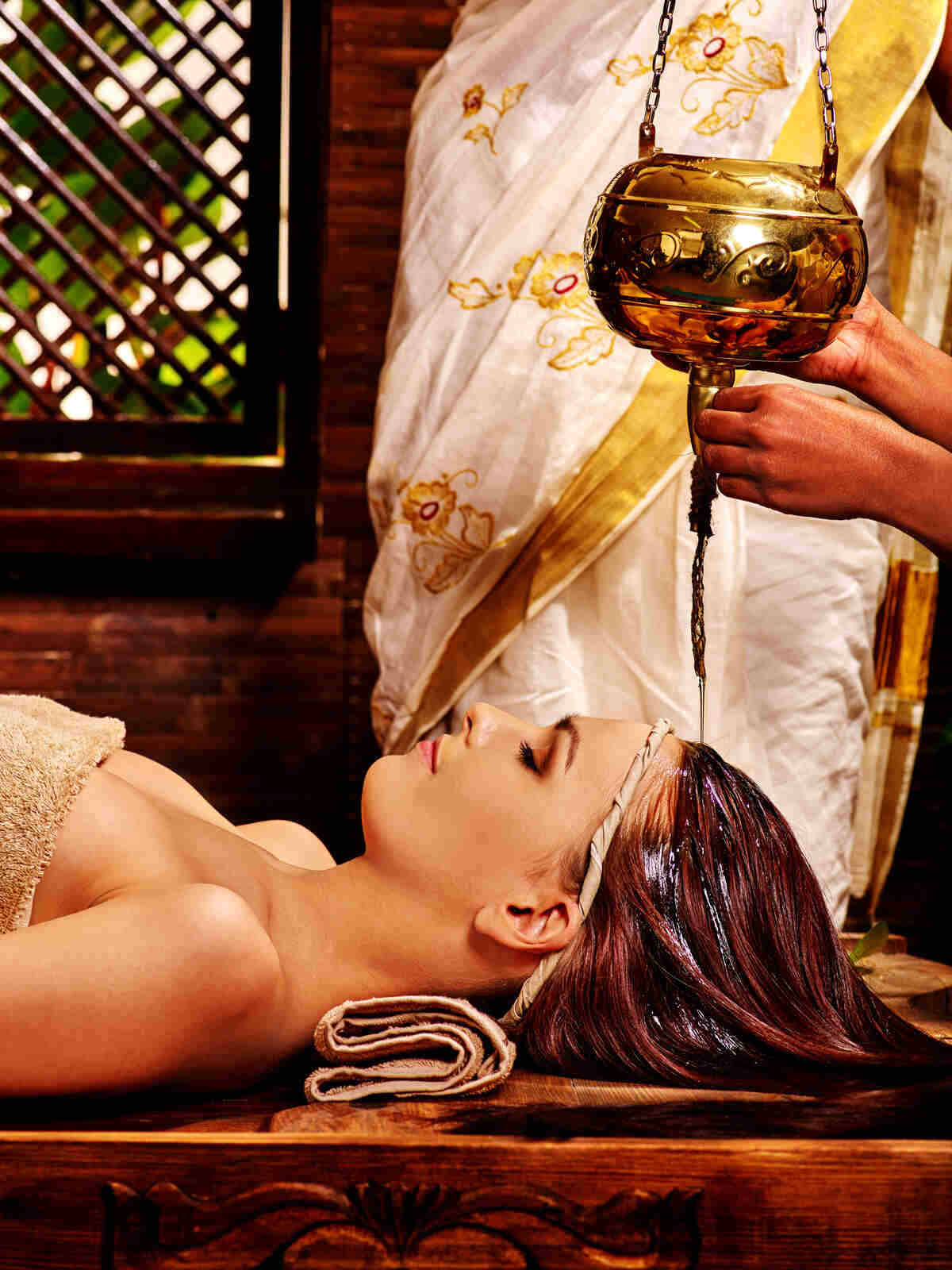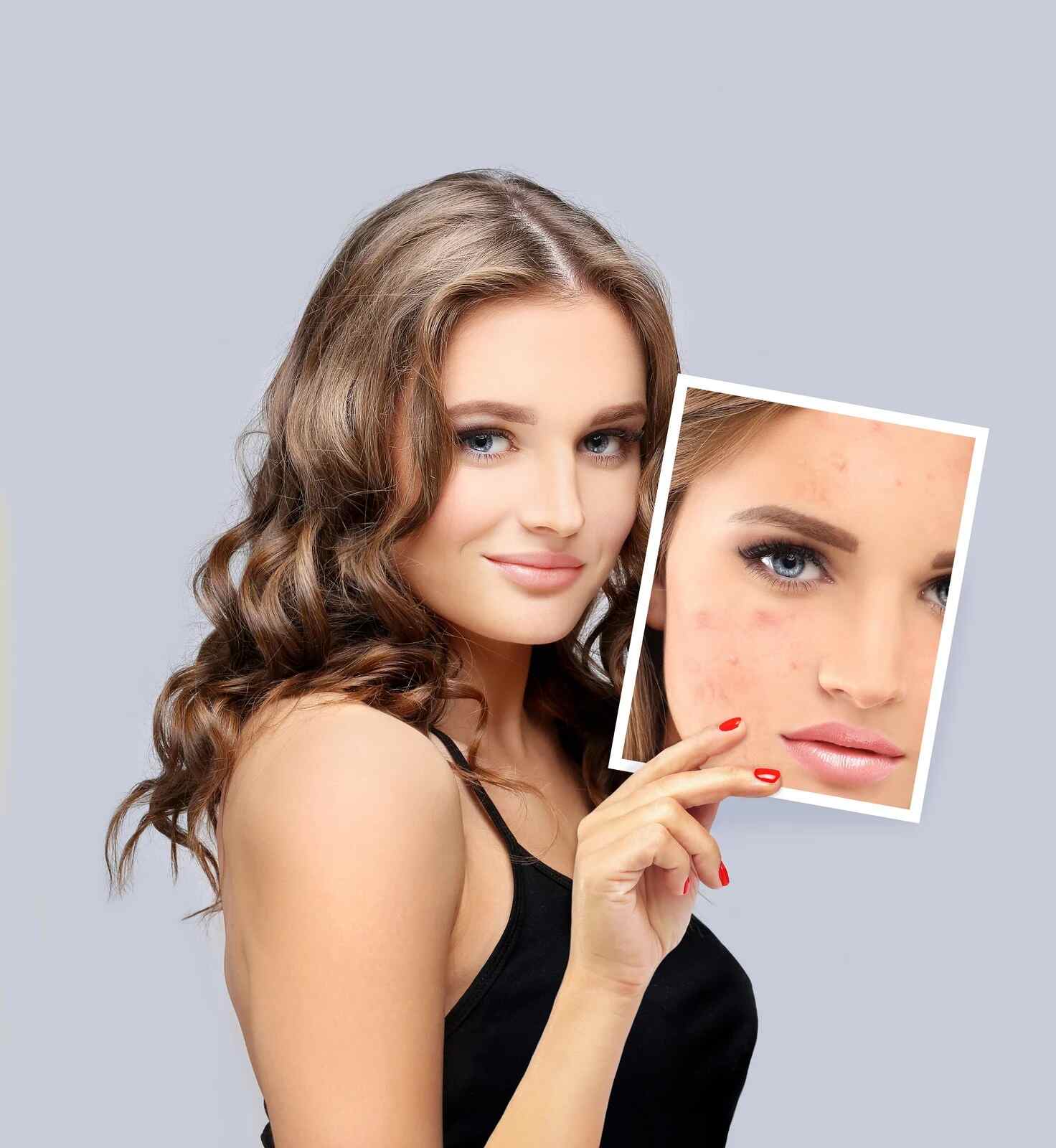Ayurvedic Treatment for Acne
Niroga Ayurveda Healing ( Ayurveda Chikitsa / Treatments )
What is Acne?


Why Choose Ayurveda for Acne?
Ayurveda offers a natural and holistic approach to treating acne. It focuses on balancing the body’s doshas (Vata, Pitta, and Kapha), detoxifying the body, and improving overall skin health. Ayurvedic treatments aim to address the root cause of acne, providing long-term relief and preventing recurrence.
Acne Statistics: Hyderabad, India
- Prevalence: Approximately 25% of the population in Hyderabad suffers from acne, particularly among teenagers and young adults.
- Contributing Factors: High pollution levels, dietary habits, and lifestyle factors such as stress and lack of sleep.
Globally
- Prevalence: Acne affects about 9.4% of the global population, making it one of the most common skin conditions worldwide.
- Common Age Group: Mostly affects adolescents, with nearly 85% of people between the ages of 12 and 24 experiencing at least minor acne.
Who is Frequently Affected by Acne?
- Teenagers and Young Adults: Hormonal changes during puberty.
- Adults: Hormonal imbalances, stress, and certain medications.
- Individuals with Oily Skin: More prone to clogged pores.


Acne Causes and Aetiology
- Hormonal Changes: Increased androgen levels can enlarge sebaceous glands and increase oil production.
- Bacteria: Propionibacterium acnes bacteria can cause inflammation and infection.
- Diet: High consumption of dairy products and carbohydrate-rich foods.
- Stress: Increases cortisol levels, which can exacerbate acne.
- Poor Skincare Routine: Not cleansing the skin properly or using comedogenic products.
Acne Symptoms and Signs
- Whiteheads: Closed clogged pores.
- Blackheads: Open clogged pores.
- Papules: Small red, tender bumps.
- Pustules: Pimples with pus at their tips.
- Nodules: Large, painful lumps beneath the skin.
- Cysts: Painful, pus-filled lumps beneath the skin.
Diagnosis for Acne
- Physical Examination: Dermatologist examines the skin.
- Medical History: Assessment of diet, skincare routine, and any relevant health conditions.
- Skin Tests: In some cases, tests to rule out other skin conditions.


Types of Acne
- Acne Vulgaris: Common acne with whiteheads, blackheads, and pimples.
- Acne Rosacea: Chronic skin condition causing redness and visible blood vessels.
- Cystic Acne: Severe form of acne with large, inflamed cysts.
- Hormonal Acne: Linked to hormonal fluctuations, often occurring around the jawline.
Acne Home Remedies and Prevention
- Maintain a Healthy Diet: Include fruits, vegetables, and whole grains while avoiding high-glycemic foods.
- Proper Skincare Routine: Cleanse the skin twice daily, use non-comedogenic products, and exfoliate regularly.
- Stay Hydrated: Drink plenty of water to keep the skin hydrated.
- Avoid Touching the Face: Reduces the spread of bacteria.
- Natural Remedies: Use ingredients like turmeric, neem, and aloe vera for their anti-inflammatory and antibacterial properties.
Yoga for Skin Health
- Pranayama (Breathing Exercises): Improves oxygen supply and reduces stress.
- Surya Namaskar (Sun Salutation): Enhances blood circulation and detoxification.
- Shavasana (Corpse Pose): Promotes relaxation and overall well-being.
Ayurvedic Treatment Options for Acne
Panchakarma Therapy
A detoxification process to cleanse the body and balance the doshas.
- Vamana (Emesis Therapy): Induced vomiting to expel toxins.
- Virechana (Purgation Therapy): Cleansing the bowels using herbal laxatives.
- Basti (Medicated Enema): Administering herbal oils and decoctions through the rectum.
- Nasya (Nasal Administration): Clearing head channels by administering medicated oils through the nose.
- Raktamokshana (Bloodletting Therapy): Removing impure blood to improve circulation and reduce inflammation.
Abhyanga (Oil Massage)
Therapeutic full-body massage using warm herbal oils to improve skin health.
- Procedure: Application of warm herbal oil followed by a synchronized massage.
- Duration: Typically 60 to 90 minutes.
Benefits: Enhances circulation, nourishes the skin, and promotes detoxification.
Lepam (Herbal Paste Application)
Application of herbal pastes on the affected areas to reduce inflammation and promote healing.
- Procedure: Herbal paste is applied and left to dry before washing off.
- Duration: Varies based on the condition and severity.
Benefits: Reduces inflammation, soothes the skin, and accelerates healing.
Herbal Remedies
Use of Ayurvedic herbs to treat acne.
- Neem (Azadirachta Indica): Antibacterial and antifungal properties.
- Turmeric (Curcuma Longa): Anti-inflammatory and antioxidant benefits.
- Aloe Vera: Soothes and moisturizes the skin.
- Manjistha (Rubia Cordifolia): Purifies blood and promotes healthy skin.
Benefits: Natural healing, reduces inflammation, and improves skin health.
Diet and Lifestyle Modifications
Ayurveda emphasizes the importance of diet and lifestyle in managing acne.
- Diet: Fresh fruits, vegetables, whole grains, and lean proteins. Avoid processed foods, excessive sugar, and unhealthy fats.
- Lifestyle: Regular exercise, adequate sleep, and stress management techniques like yoga and meditation.
Benefits: Enhances overall health, supports skin healing, and prevents future acne outbreaks.
FAQs
Frequently Asked Questions
Q:What are the Ayurvedic treatments for acne?
A:Ayurvedic treatments for acne include Panchakarma therapy, Abhyanga, Lepam, herbal remedies, and dietary and lifestyle modifications to detoxify the body, improve immunity, and promote healthy skin.
Q:How effective is Ayurveda in treating acne?
A:Ayurveda is highly effective in treating acne as it focuses on natural healing, detoxification, and balancing the body’s doshas, leading to long-lasting improvements in skin health.
Q:Can diet and lifestyle changes help with acne?
A:Yes, diet and lifestyle changes are crucial in managing acne. A healthy diet, regular exercise, adequate sleep, and stress management can significantly improve skin health and prevent future outbreaks.
Q:What are some common Ayurvedic herbs used for acne treatment?
A:Common Ayurvedic herbs for acne treatment include Neem, Turmeric, Aloe Vera, and Manjistha, known for their anti-inflammatory, antibacterial, and healing properties.
Q:How does Panchakarma therapy help in treating acne?
A:Panchakarma therapy helps in treating acne by detoxifying the body, balancing the doshas, and improving overall health, leading to clearer and healthier skin.
Fill out this form for booking online.
Appointment
Book An Appointment
Make sure to note down the appointment date, time, and location provided by the clinic. Set reminders on your calendar or set an alarm to ensure you are punctual and do not miss your appointment.
Customer Service
+91 84668 82266
WhatsApp Now
+91 84668 82266
Subscribe Now
SaiAyush Ayurveda

